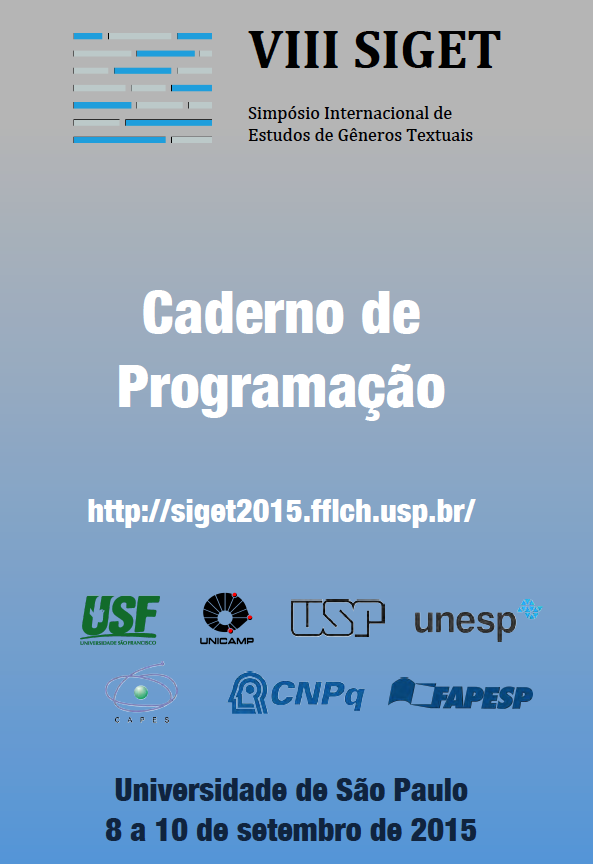About GXB
Genre is a idea that crosses disciplinary, national, methodological, conceptual, and pedagogical borders. The purpose of Genre across Borders (GXB) is to advance genre theory and research by helping scholars and students cross these borders. The site combines two primary functions:
- As a reference guide to scholarship in the many fields of genre study
- As a networking portal for scholars and teachers
GXB aims to offer a comprehensive overview of the multiple strands of genre scholarship and their relationships, in order to catalyze intellectual exchange and pedagogical innovation and to help us understand the processes and motivations of genre development, evolution, and circulation.
GXB now features translations of research introductions on our Research page. Contact us to contribute a translation. You may also select an interface display language on your Profile page.
Sample Bibliography
Glossary Sample
A class of cybergenre![]() s in which the new genre emerges directly from a "genre existing in other media" (Shepherd & Watters, 1998, p. 2)....
s in which the new genre emerges directly from a "genre existing in other media" (Shepherd & Watters, 1998, p. 2)....

